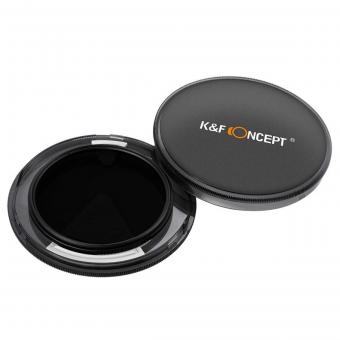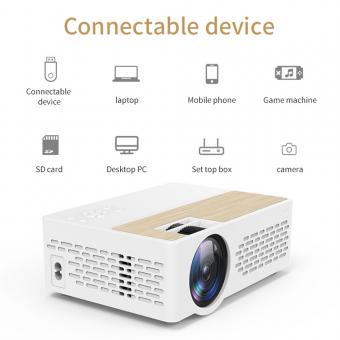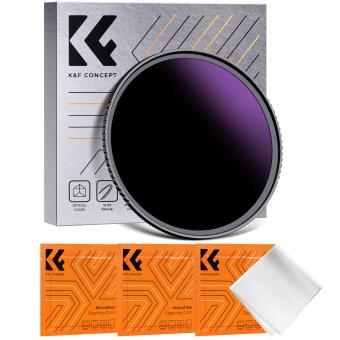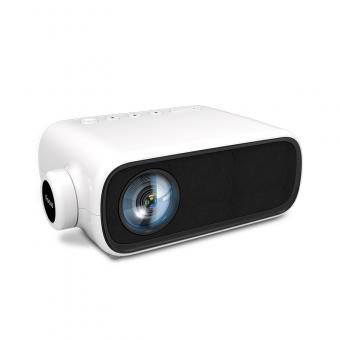Where To Buy Used Fish Finder?
When you're looking to buy a used fish finder, whether you're on a tight budget or simply want to upgrade without spending a fortune, there are a variety of reliable sources you can explore. Navigating the world of secondhand fish finders requires a strategic approach to ensure you get a quality product without falling into a common trap of poor deals or faulty equipment. Here’s a comprehensive guide to help you find the best used fish finder deals.
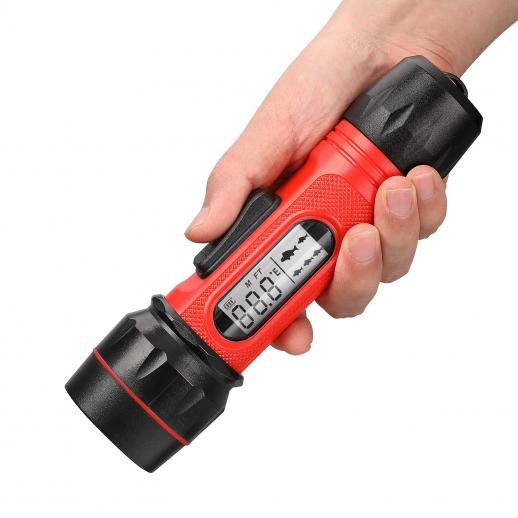
1. Online Marketplaces and Auction Sites
eBay
One of the most popular platforms for purchasing used items, eBay allows you to filter searches by "Used" condition and by brand, model, and price range. The advantage of using eBay is the large selection of listings and the ability to bid for potentially lower prices, though this also carries the risk of overpaying in a bidding war. However, eBay offers buyer protection, ensuring that if the product is not as described, you can often get a refund.
When buying a fish finder on eBay, always check the seller’s feedback score. Opt for sellers with a high number of positive reviews and a good track record with electronics. Be sure to also confirm the return policy, just in case the fish finder doesn’t meet your expectations.
Craigslist and Facebook Marketplace
For more local, in-person transactions, Craigslist and Facebook Marketplace can be excellent resources. Sellers often offer fish finders at competitive prices because these platforms are geared toward direct, local sales, eliminating shipping costs. While buying locally can allow you to inspect the product in person, there are some risks involved. It’s essential to meet in safe, public places and test the fish finder before purchasing.
One of the main benefits of these platforms is the possibility of negotiating the price. You may be able to haggle for a lower price if the item has been listed for a while. However, these platforms don’t offer the buyer protections that eBay does, so make sure you are buying from a reliable seller.
Facebook Groups and Other Niche Forums
Fishing communities on Facebook or other niche forums dedicated to fishing often have groups where users buy and sell equipment, including used fish finders. These groups can offer an opportunity to find a great deal, sometimes with additional insights or recommendations from experienced users. Because these groups are often focused on passionate anglers, there’s a greater likelihood that the sellers are knowledgeable and honest.
Before purchasing, do your due diligence by looking for reviews of the group or specific sellers to make sure you're getting a fair deal.
2. Outdoor and Fishing Equipment Stores
Local Sporting Goods Stores
While local stores typically focus on new gear, many offer used equipment as well, especially when they hold clearance sales or trade-in events. If you’re buying a used fish finder from a physical store, the advantage is that you can often try out the unit before purchasing. Additionally, many stores provide a warranty for used items, which is something you won’t always get from private sellers on online marketplaces.
You can also inquire if they offer a "trade-up" program, where you can exchange your old fish finder for store credit toward a new or used model.
Pawn Shops
Pawn shops are another option for buying used fish finders. They tend to have a variety of electronics and sporting goods, and you might get a good deal on a high-quality fish finder. The challenge with pawn shops is that the prices can vary widely depending on location and the item's condition.
Like with any secondhand electronics, ensure that the fish finder comes with all the necessary components (such as the transducer, power cables, etc.) and check the return policy if you’re able to test the item in-store before committing to a purchase.
3. Fishing Charters, Boat Dealerships, and Rental Agencies
Fishing charter companies and boat rental agencies sometimes update their equipment after a few years, which makes their used gear available for sale at a reduced price. These businesses often rotate their equipment to ensure they are offering the latest technology to their customers. As a result, you might find a fish finder that’s only a few years old but still in good working condition.
Additionally, boat dealerships that specialize in used boats often sell electronics like fish finders that come bundled with used boats. In some cases, you may also be able to negotiate a discount if you're buying a fish finder along with other used equipment.
4. Refurbished Models from Manufacturers
Many well-known fish finder manufacturers, such as Lowrance, Garmin, and Humminbird, offer refurbished models. These are used fish finders that have been returned, inspected, and repaired by the manufacturer. Buying a refurbished fish finder can give you a good balance between the cost savings of a used model and the reliability of a brand-new product. Refurbished units usually come with a warranty, offering some peace of mind if there are any issues after the purchase.
Check the official websites of these manufacturers or authorized sellers who specialize in refurbished models. Refurbished fish finders are typically more expensive than used ones, but they come with the manufacturer’s assurance of quality control.
5. Auction Houses Specializing in Fishing Gear
Though less common, some auction houses specialize in sporting goods, including fishing gear. These auctions are often held online or in person and can be an excellent way to find high-quality fish finders at a competitive price. The auction process can sometimes result in a bargain, particularly if the item isn't in high demand. However, the downside is the competitive nature of auctions, so you may end up paying more than you intended if you're not careful.
6. What to Look for When Buying a Used Fish Finder
Model and Features
Make sure that the model you're considering fits your needs. Modern fish finders come with a variety of features such as GPS mapping, sonar capabilities (2D, down imaging, side imaging), and Wi-Fi connectivity. Older models may lack some of these advanced features, so be sure to choose one that suits the type of fishing you do, whether it’s freshwater, saltwater, or deep-sea fishing.
Condition
Check the overall condition of the fish finder, paying close attention to the display screen. Look for any dead pixels, scratches, or discoloration that may make it harder to read. Inspect the buttons, cables, and connectors for any signs of wear and tear. If the seller has not provided images of the product from all angles, request them before making a decision.
Transducer and Mounting
The transducer is a critical component of any fish finder, as it sends and receives sonar waves. Ensure that the transducer is in good condition and comes with the necessary mounting hardware. If you're unsure about the transducer's condition, try to test it before purchasing. Also, make sure that the mounting brackets are included, as these can sometimes be lost or broken during a previous owner’s use.
Warranty and Return Policy
Check if the fish finder comes with a warranty, even if it's a limited one. A warranty can provide added peace of mind in case there are any issues with the unit after purchase. Additionally, make sure the seller has a return policy in case the fish finder doesn't work as expected.
7. Risks of Buying Used Fish Finders
While there are many great deals to be had when buying a used fish finder, there are risks involved. One of the primary concerns is the potential for malfunction or damage. Fish finders, especially older models, can be prone to screen issues, transducer failure, or battery problems. It's important to ensure that the fish finder you buy has been well cared for.
Another risk is obsolescence. If you buy a model that's several years old, it may no longer be supported with firmware updates, or it might not be compatible with newer features or accessories.
Finding a used fish finder is an excellent way to save money while still getting a reliable piece of equipment for your fishing adventures. By exploring multiple sources like online marketplaces, local stores, pawn shops, and specialized fishing groups, you can access a wide variety of options. However, it’s essential to be diligent and assess the condition of the fish finder, verify its functionality, and ensure you’re getting good value for your investment. By taking these steps, you’ll be well on your way to securing a great deal on a used fish finder that will enhance your fishing experience without breaking the bank.

